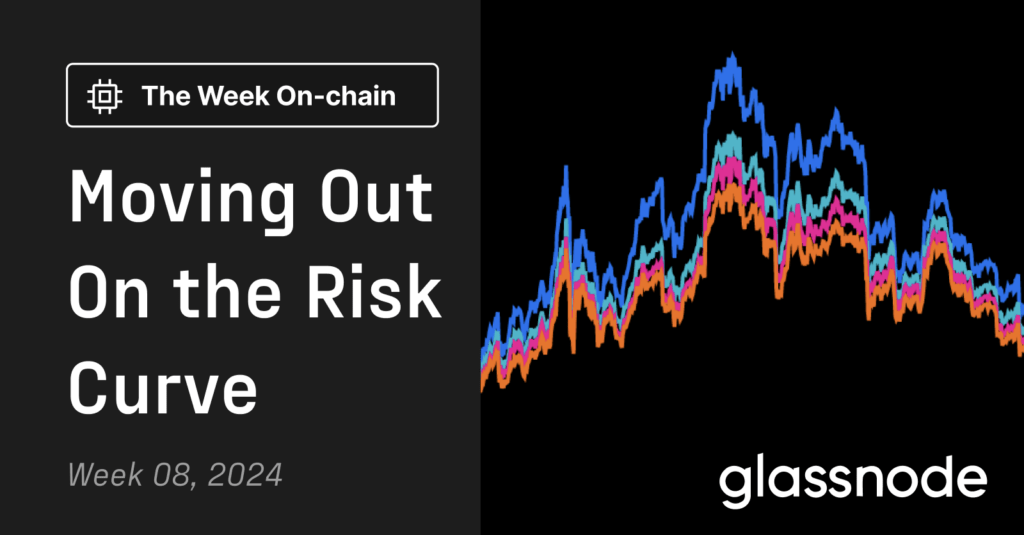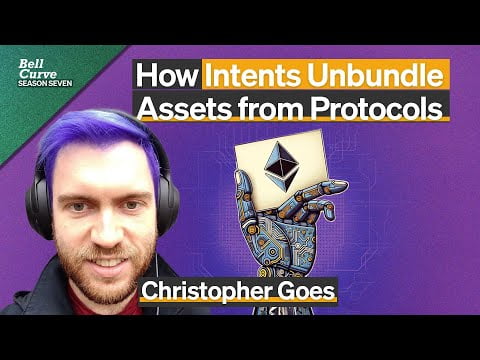Podcast Summary
This episode of the Parsec podcast features Meg from Skip Protocol, a platform that provides front-end analysis of Miner Extractable Value (MEV) on different protocols. The discussion delves into the origin and goals of Skip Protocol, its primary tool in the MEV realm, the block SDK, and its integration with the Cosmos ecosystem. The podcast also explores the challenges and potential solutions in preventing MEV exploits, the role of validators, and the future of the Cosmos ecosystem. The conversation concludes with a personal anecdote about Pokemon card collecting and trading.
Key Takeaways
Skip Protocol’s Origin and Goals
- Founding and Purpose: Skip Protocol was founded during a Terra hackathon and aims to create a more sovereign MEV stack for sovereign protocols. This allows for more control and configurability, with a focus on building an MEV market that caters to app chains.
- Block SDK: Skip’s primary tool in the MEV realm is the block SDK, which enables the separation of blocks into different lanes dedicated to specific transactions. This creates a customizable sequencer, allowing each chain to choose which lanes to deploy.
MEV Exploits and Prevention
- MEV Motives: The podcast discusses the motives of block producers/proposers in the context of MEV. Validators must adhere to protocol rules, and their proposals are double-checked by other validators to prevent unilateral power in constructing blocks.
- Slashing and Governance: While slashing conditions have not been added yet, proposals that don’t adhere to protocol rules will be voted down. Governance processes can use dashboard data to make slashing decisions if necessary.
Integration with Cosmos
- Initial Focus: Skip Protocol initially focused on Cosmos due to its connection with Terra. The team aimed to be the MEV provider and sequencer provider for all Cosmos chains.
- Future Goals: The team aims to evangelize the entire Cosmos stack and make it the best option for protocols that want to be sovereign and have their own state machines.
Role of Validators
- Validator Selection: Currently, the network has a restricted set of 50 validators, hand-selected by the DUIDX team. In the future, it will transition to a permissionless set with a cap on the number of validators.
- Validator Responsibilities: Validators play a crucial role in maintaining the integrity of the network. They are responsible for gossiping orders to everyone in the network and monitoring for suspicious activity.
Future of Cosmos
- Relevance in the New Ecosystem: The podcast discusses the need for Cosmos to reinvent itself and find relevance in the new ecosystem. The speaker suggests that Cosmos should focus on building sovereign infrastructure that can be used by Ethereum protocols, users, and the wider crypto public.
- Benefits of Cosmos Stack: The speaker emphasizes that the Cosmos SDK is a superior stack due to its nine years of development and support for projects like Terra.
Sentiment Analysis
- Bullish: The podcast expresses a bullish sentiment towards the potential of Skip Protocol and its role in the MEV realm. The speaker is optimistic about the benefits of the block SDK and its integration with the Cosmos ecosystem. The speaker also expresses confidence in the reputation layer and social consensus layer of the system to ensure its safety.
- Bearish: There is a bearish sentiment towards the challenges in preventing MEV exploits and the potential risks in the system. The speaker acknowledges the potential risk of someone exploiting the system temporarily and then withdrawing their stake. The speaker also expresses doubt that the opportunity would ever be larger than the entire stake of an individual validator on dydx.
- Neutral: The podcast maintains a neutral sentiment towards the future of the Cosmos ecosystem. While the speaker acknowledges the benefits of the Cosmos stack, they also highlight the need for Cosmos to reinvent itself and find relevance in the new ecosystem.












